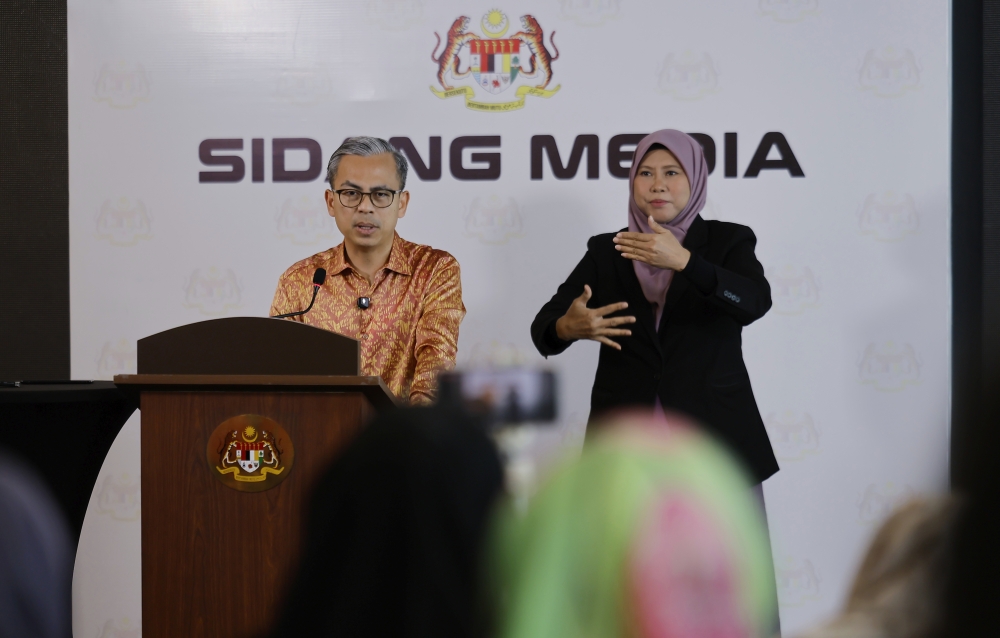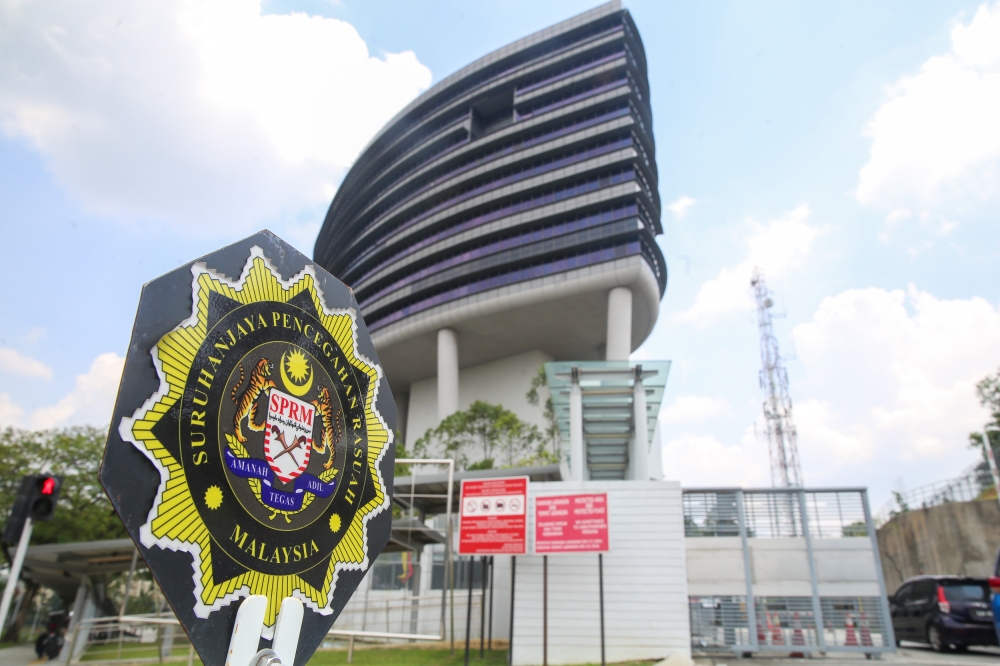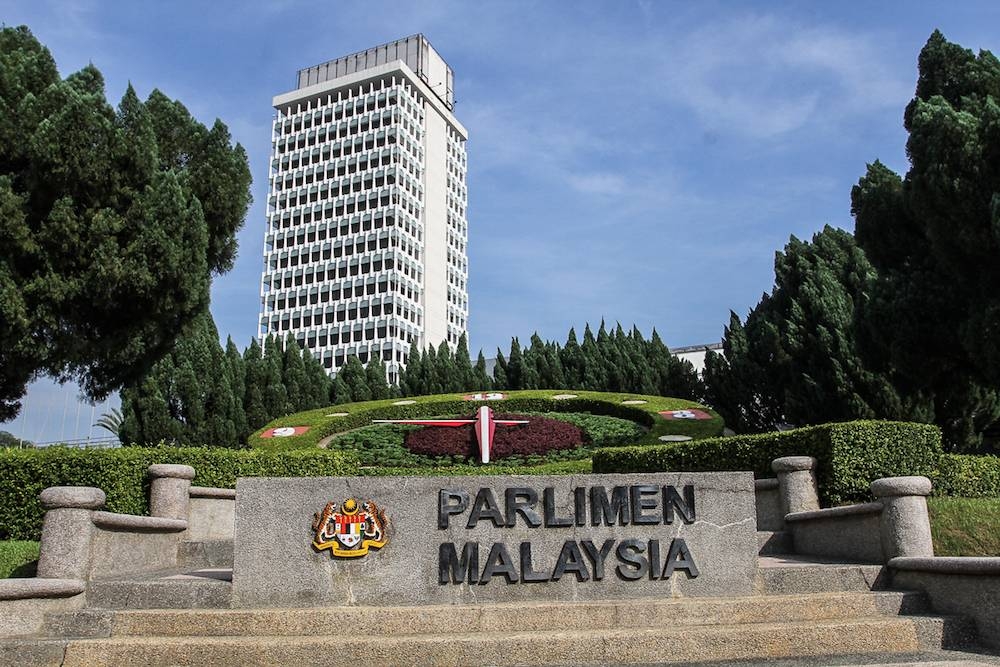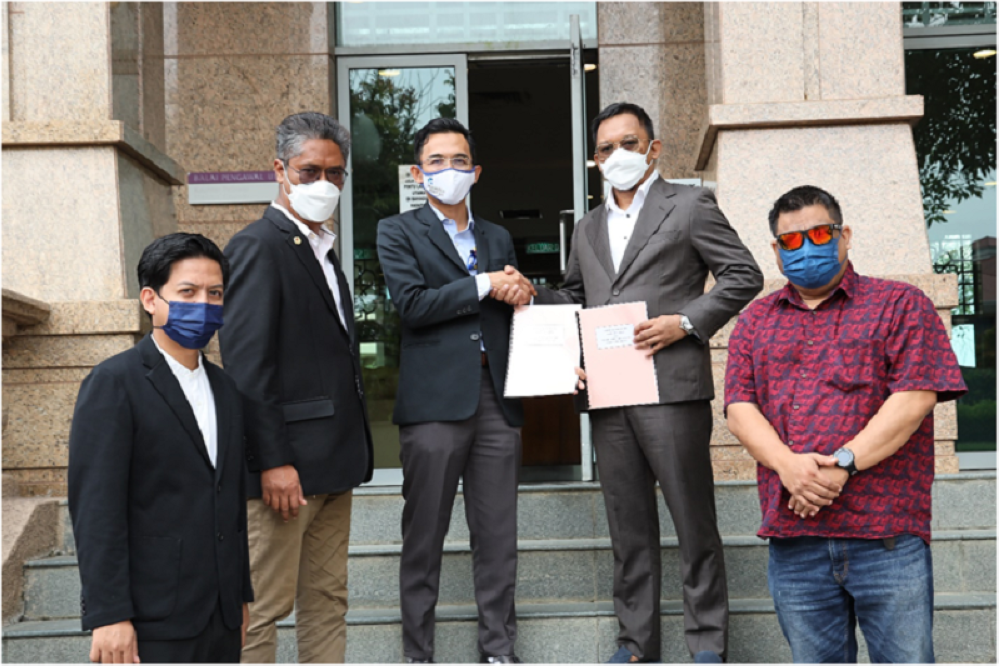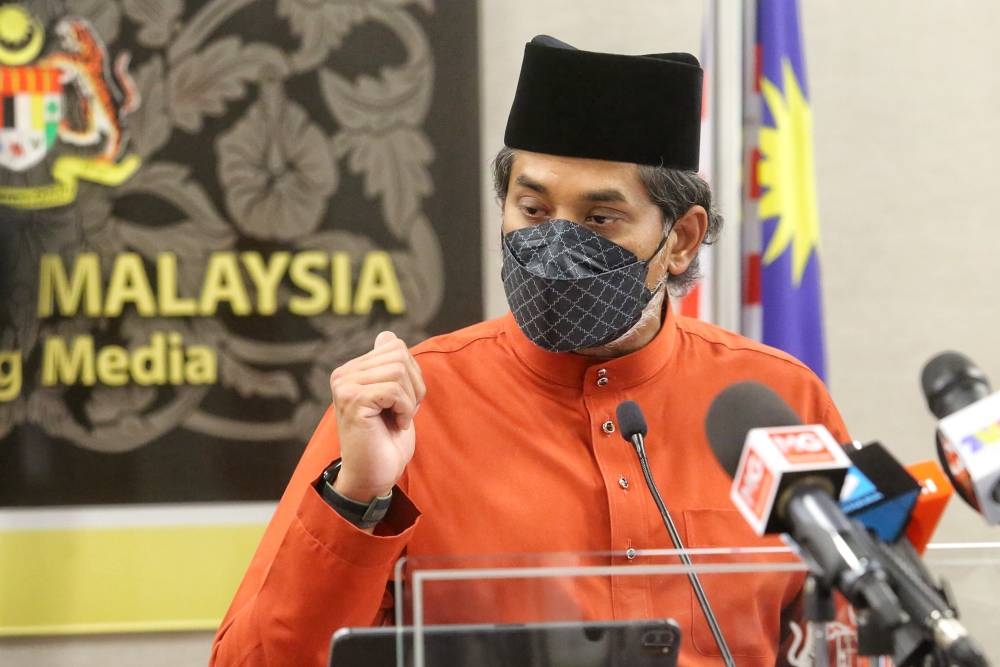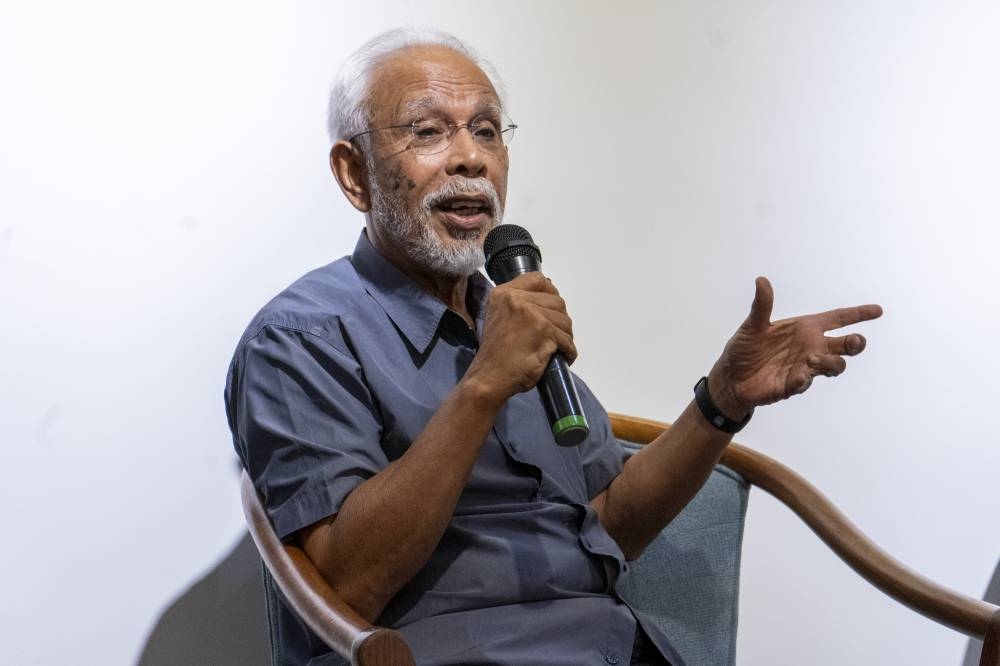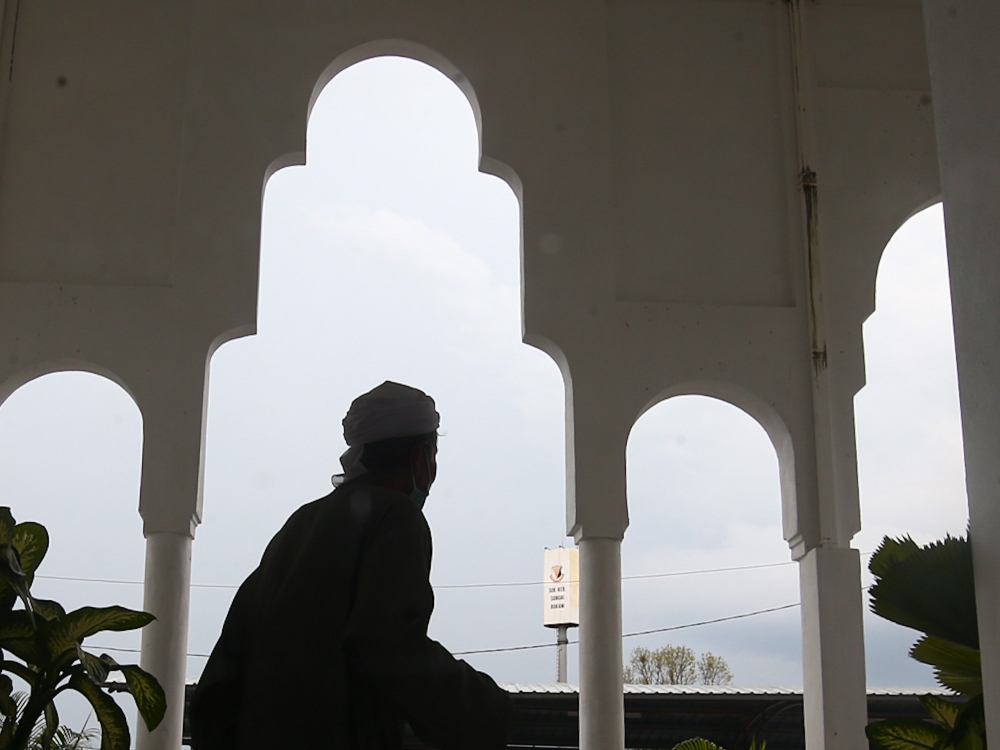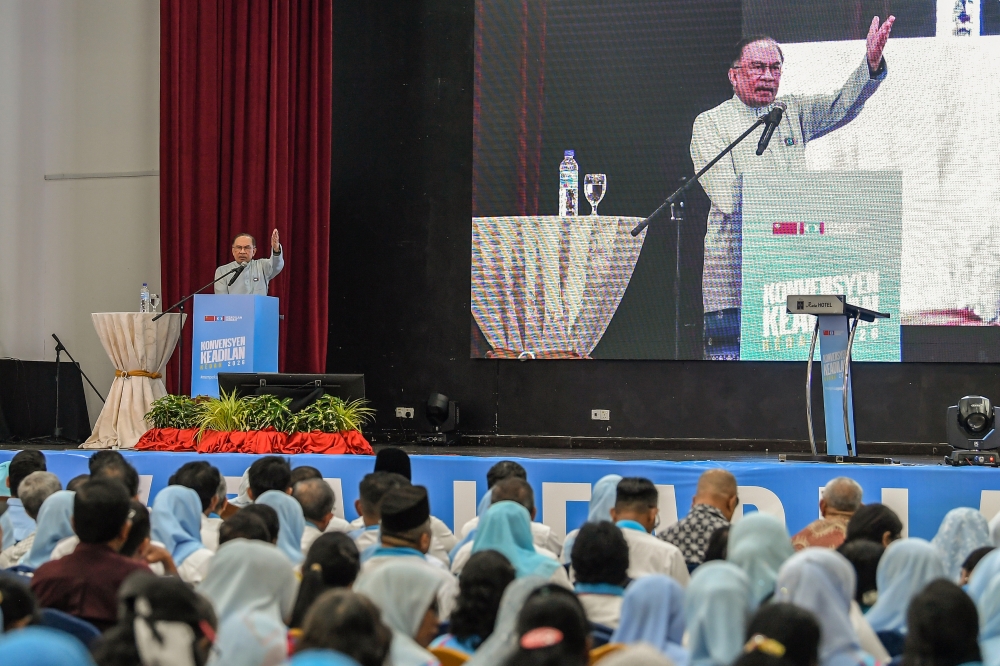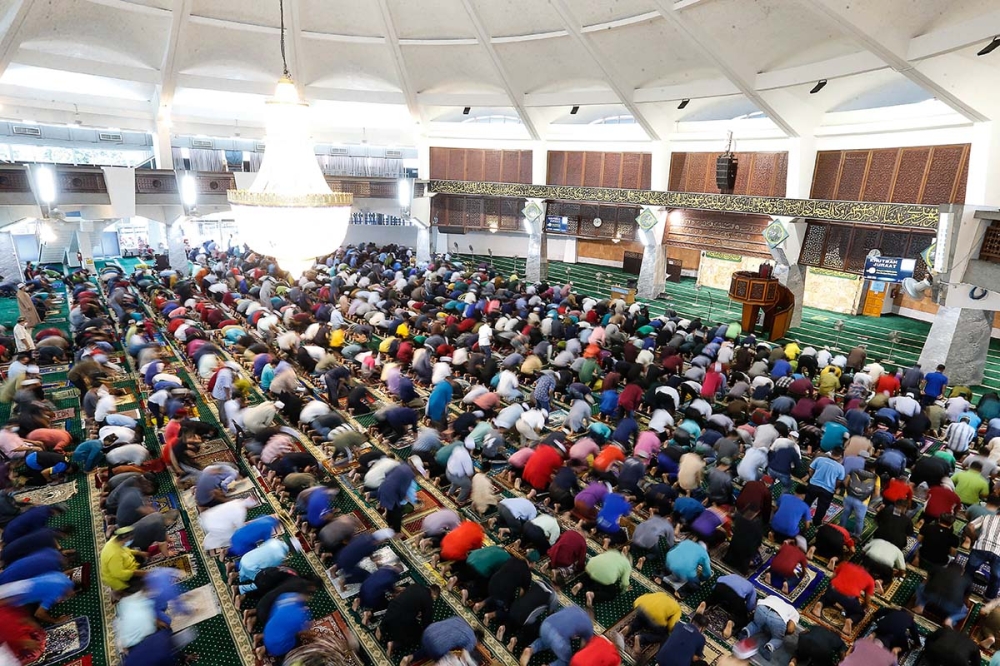KUALA LUMPUR, July 18 — After adjourning in March, the Dewan Rakyat will reconvene for 12 days starting today, with several Bills including the anticipated anti-hopping law set for debate.
The First Meeting of the 5th Session of the 14th Parliament will take place from today to August 4 for the Dewan Rakyat and from August 8 to 16 for the Dewan Negara.
While the proposed Bill to amend the Federal Constitution to prevent party-hopping among MPs take centrestage, Malay Mail highlights some outstanding Bills that have also been included in Order Papers for debate.
Independent Police Complaints Commission (IPCC) Bill
The IPCC Act 2020 Bill was tabled for its first reading in the Dewan Rakyat by Deputy Home Minister Datuk Seri Ismail Mohamed Said in August 2020.
The Bill has not gone beyond the stage of its second reading in the Dewan Rakyat despite numerous meetings since then and has been stuck in limbo for almost two years, making it the only Bill yet to be passed from two concluded Parliament sittings.
The IPCC Bill was introduced to replace the Independent Police Complaints and Misconduct Commission (IPCMC) Bill that was tabled in Parliament by the Pakatan Harapan (PH) government in 2019.
The decision to replace the Bill was made following the change in government in March 2020, with many criticising the new Bill as a watered-down version of the IPCMC.
The IPCMC Bill had proposed that “the Commission may initiate investigations notwithstanding anything to the contrary in this Act, the Commission may commence an investigation on its own initiative but only if the Commission is satisfied that the subject matter of the investigation is of significant interest to the public or that it is in the public interest to do so whether or not there is a complaint of misconduct relating to it”.
With the IPCC, however, all complaints to the commission following investigations by its members would then be submitted to a complaints committee.
The findings and recommendations by the complaints committee can either be forwarded to relevant agencies such as the Malaysian Anti-Corruption Commission (MACC) or the commission could direct a task force to carry out further investigations.
Other recommendations removed under the IPCC include suggested disciplinary jurisdiction over any misconduct committed by any member of the police force and the powers to exercise disciplinary jurisdiction over any complaint concerning the misconduct of any member of the police force.
Malaysian Border Security Agency (Dissolution) Bill
The dissolution of the Aksem Act (Act 799) is scheduled to be debated following the government’s decision to restructure the enforcement agency due to lacklustre performance since its inception.
The proposed repeal of the Act was tabled for its first reading in the Dewan Rakyat in December 2021.
Formed in December 2017, Aksem was responsible for curbing smuggling and other illegal activities along the country’s land borders, in particular the Malaysia-Thailand border.
It had employed personnel from three existing enforcement agencies, namely the Royal Malaysia Police, Customs Department and Immigration Department, following which Aksem’s management was mired with “discrepancies” in its chain of command.
Anti-Sexual Harassment Bill
The Anti-Sexual Harassment Bill 2021 was tabled for its first reading in the Dewan Rakyat by Deputy Women, Family and Community Development Minister Datuk Siti Zailah Mohd Yusoff in December 2021.
The second reading of the Bill is expected to take place this sitting but could be further delayed to the next sitting since it is currently listed as the 12th item in the Order Paper.
The law is proposed “to provide for a right of redress for any person who has been sexually harassed, the establishment of the Tribunal for Anti-Sexual Harassment, the promotion of awareness of sexual harassment, and to provide for related matters.”
The Bill defines “sexual harassment” as “any unwanted conduct of a sexual nature, in any form, whether verbal, non-verbal, visual, gestural or physical, directed at a person which is reasonably offensive or humiliating or is a threat to his well-being”.
Under the Act, the women’s minister may appoint members for the establishment of a Tribunal for Anti-Sexual Harassment, including a president and a deputy president from members of the Judicial and Legal Service.
Said tribunal will also be accorded jurisdiction to hear and determine any complaint of sexual harassment made by any person in a closed-door hearing.
Prevention and Control of Infectious Diseases (Amendment) Bill
Tabled for its first reading in the Dewan Rakyat by Deputy Health Minister Datuk Dr Noor Azmi Ghazali in December 2021, the Bill proposes to enhance available penalties ostensibly to allow better management and control of future disease outbreaks that was available during the Covid-19 pandemic.
Under the Prevention and Control of Infectious Diseases (Amendment) Bill 2021, penalties for offences would be raised to a maximum of RM10,000 for individuals and up to RM1 million for corporate bodies for those who flout regulations imposed by the government.
General penalties upon conviction would also revised upwards to seven years’ imprisonment, a maximum RM100,000 fine, or both for individuals, as well as a maximum RM2 million fine for corporate bodies.
Proposed amendments also include fines for medical practitioners who fail to report suspected or confirmed cases of infectious disease, including Covid-19.
In pushing for the amendments, Health director-general Tan Sri Dr Noor Hisham Abdullah was previously quoted as saying that greater discipline in the reporting of confirmed infectious disease cases is needed, especially when it comes to Covid-19, as variants such as Delta and Omicron have proved to be more infectious than the original strain of the virus.
However, the amendments to Act 342 were met with backlash from the Opposition and businesses for allegedly giving excessive powers to enforcement authorities to impose harsh penalties and fines.




